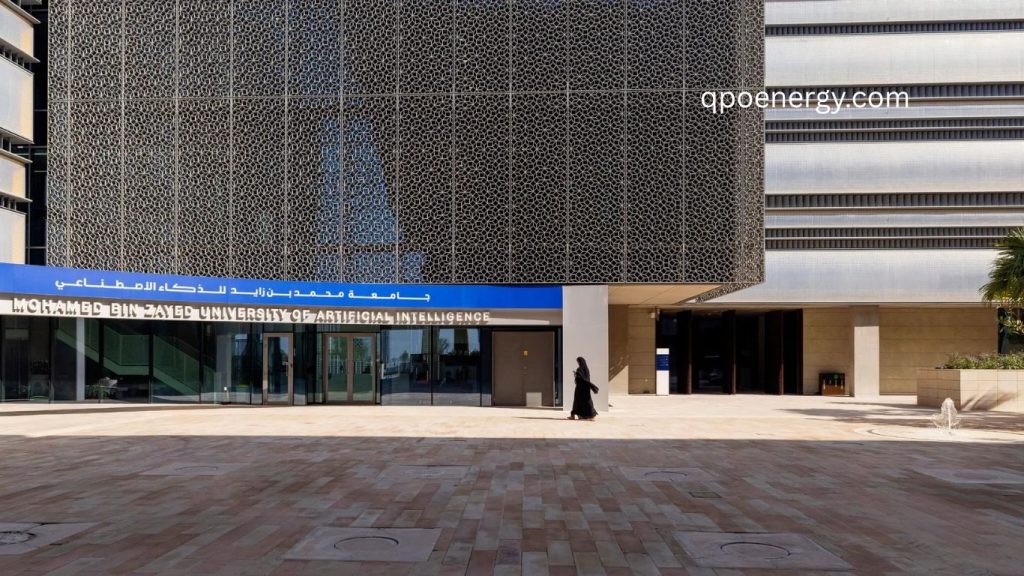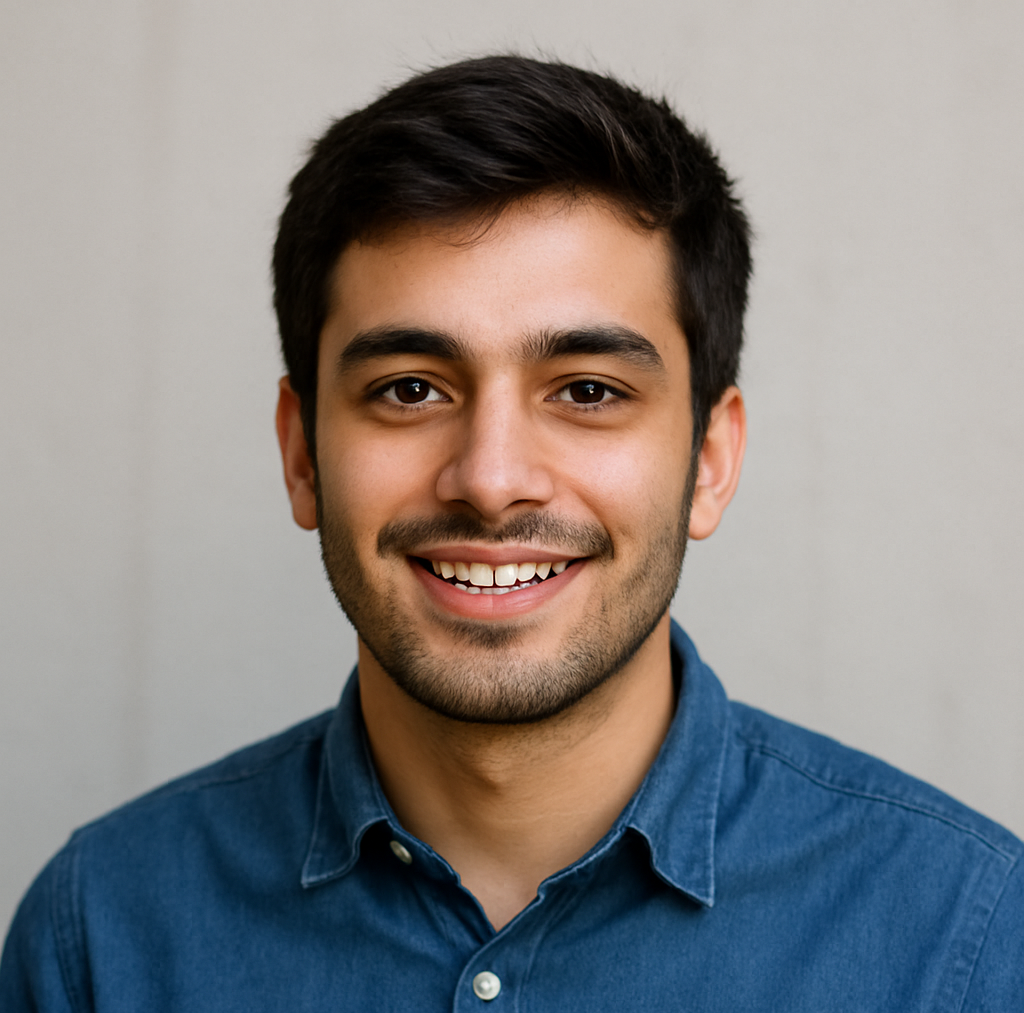The global artificial intelligence (A.I.) landscape is rapidly evolving, and the United Arab Emirates (UAE) is emerging as one of its most ambitious players. In a strategic move that underscores its growing technological influence, a UAE-backed research lab has announced the open release of a powerful new A.I. model—an initiative that places the nation alongside global leaders such as the United States and China.
This latest development signals more than a breakthrough in technology; it reflects the UAE’s determination to redefine how nations approach artificial intelligence—through openness, innovation, and collaboration.
A Bold Step in the Global A.I. Arena
The UAE’s latest achievement comes from the Institute of Foundation Models (IFM), a newly established research center dedicated to advancing the next generation of artificial intelligence systems. The institute revealed its first open-source A.I. model, K2 Think, which rivals the performance of top-tier models from OpenAI in the U.S. and DeepSeek in China.
Unlike many A.I. systems that remain proprietary, K2 Think has been made freely available to developers, researchers, and businesses around the world. According to IFM, the model matches the accuracy, speed, and adaptability of its competitors, performing strongly across standard benchmarks used by the global A.I. community.
By sharing its technology openly, the UAE is not only promoting innovation but also encouraging global collaboration—an approach that aligns with the nation’s vision to become a hub for digital transformation and advanced research.
The Rise of Open-Source A.I.
The concept of open-source artificial intelligence has gained tremendous momentum in recent years. Tech giants and research institutions across China, the United States, and now the UAE are increasingly choosing transparency over exclusivity.
In China, companies such as DeepSeek and Baidu have released open-source versions of their language models, allowing developers to study, improve, and adapt them for diverse applications. Their strategy is simple yet effective: empower global innovation while challenging the dominance of Western A.I. providers.
In the United States, OpenAI—the creator of ChatGPT—recently made several models available to the public. The move was designed to strengthen its developer ecosystem and maintain leadership amid growing competition.
The UAE’s decision to follow this path with K2 Think represents a significant milestone. It reflects a global shift toward shared intelligence, where A.I. advancements are no longer confined within corporate or national boundaries. Instead, they are driving collective progress through accessibility and transparency.
UAE’s Vision: Building a Knowledge-Based Economy
Artificial intelligence has become central to the UAE’s national development strategy. Over the last decade, the country has invested heavily in data infrastructure, research institutions, and digital education to accelerate its transformation into a knowledge-based economy.
The UAE’s leadership believes that A.I. will define the future of global competitiveness. To that end, it has launched numerous initiatives, including the National Artificial Intelligence Strategy 2031, aimed at integrating intelligent systems into key sectors such as healthcare, energy, education, and government services.
The creation of the Institute of Foundation Models is part of this vision. It represents a deliberate step toward reducing reliance on foreign technology and developing homegrown solutions that can compete internationally.
By fostering innovation through openness, the UAE seeks to establish itself not just as a consumer of A.I. technology but as a creator and contributor on the global stage.
Competing with Global Tech Powers
Until recently, the global artificial intelligence race was largely dominated by two nations: the United States and China. American companies such as Google DeepMind, Anthropic, and OpenAI have set the standard in language models, robotics, and machine learning infrastructure. Meanwhile, China has rapidly caught up, leveraging its vast data resources and state-backed funding to produce world-class systems that rival their American counterparts.
Now, smaller but ambitious nations like the United Arab Emirates, Saudi Arabia, and Singapore are entering the field with unique strategies. Rather than competing purely on scale, these countries are focusing on collaboration, open access, and strategic investment.
The UAE’s open-source approach positions it as a bridge between global A.I. powers, encouraging cooperation and knowledge exchange rather than isolation or rivalry. This makes the Emirates a potential catalyst for balanced technological growth—especially in regions where access to cutting-edge A.I. tools remains limited.
K2 Think: A Catalyst for Global Collaboration
The release of K2 Think symbolizes the UAE’s belief that the future of artificial intelligence should be inclusive and collaborative. The model has been optimized for real-world applications such as natural language processing, data analysis, and enterprise automation, making it accessible to both academic and commercial users.
Experts note that open-source models like K2 Think could help level the playing field for startups and small developers who lack the resources to train massive language models from scratch. By democratizing access, the UAE is empowering a new generation of innovators, particularly across developing regions.
Moreover, the UAE’s initiative aligns with its broader diplomatic philosophy—using technology as a tool for peaceful cooperation, economic diversification, and sustainable growth. By leading with transparency and openness, the country sends a strong message: progress in A.I. should benefit all of humanity, not just a few privileged nations.
Strategic Investments Fueling Innovation
The success of projects like K2 Think is no accident. It stems from years of strategic investment in digital infrastructure, cloud computing, and high-performance data centers across the Emirates.
Abu Dhabi’s G42 Group, for instance, has become a key player in the global A.I. ecosystem, partnering with international tech firms to expand research and development capabilities. Similarly, Dubai continues to attract global startups through its innovation districts and technology accelerators.
These efforts are supported by forward-thinking policies that promote foreign collaboration, intellectual property protection, and data security—all critical to sustaining long-term innovation.
Global Implications of UAE’s Open A.I. Strategy
The UAE’s entry into the open-source A.I. space carries major implications for the global tech landscape. First, it challenges the notion that advanced A.I. development must remain the domain of tech superpowers. By demonstrating that smaller nations can produce competitive, open models, the UAE inspires others to invest in similar initiatives.
Second, it promotes ethical innovation and transparency. Open models allow researchers to study how A.I. systems are trained and make improvements that reduce bias, enhance accuracy, and ensure safer applications.
Finally, it strengthens global resilience in technology. As A.I. becomes integral to economic and social infrastructure, diversity in research sources ensures that no single company—or country—can monopolize its benefits.
Frequently Asked Questions:
What is the UAE’s latest development in artificial intelligence?
The UAE recently launched its first open-source A.I. model, K2 Think, developed by the Institute of Foundation Models (IFM). The system rivals top technologies from OpenAI in the U.S. and DeepSeek in China, marking a major milestone in the nation’s growing A.I. leadership.
Why is the UAE sharing its A.I. technology openly?
By making K2 Think open source, the UAE aims to promote innovation, transparency, and collaboration across global industries. This approach empowers researchers, developers, and startups worldwide to access advanced A.I. tools and drive collective progress.
How does the UAE’s A.I. initiative compare to the U.S. and China?
The UAE’s initiative stands out for its collaborative and open-access strategy, unlike the proprietary models often developed in the U.S. and China. While matching their performance levels, the UAE’s open model supports global inclusion and fair access to A.I. resources.
What are the goals of the UAE’s Institute of Foundation Models?
The Institute of Foundation Models (IFM) focuses on creating advanced, ethical, and scalable A.I. systems. Its mission is to help the UAE become a global innovation hub, driving research, digital transformation, and sustainable technological growth.
How will this open-source A.I. model benefit global developers and businesses?
K2 Think allows developers and organizations worldwide to build, customize, and deploy A.I. solutions without high costs or restricted access. This fosters innovation across industries, from healthcare and education to energy and finance, enabling smarter, data-driven decision-making.
What is K2 Think, and why is it significant?
K2 Think is the UAE’s first open-source A.I. model, developed by the Institute of Foundation Models (IFM). It represents a major step in the nation’s mission to democratize artificial intelligence and make advanced technology accessible to all.
How does open-source A.I. benefit global innovation?
Open-source A.I. encourages transparency, faster innovation, and global collaboration. By allowing anyone to access and improve the model, researchers and companies can build solutions that address local and international challenges more effectively.
Conclusion
The United Arab Emirates has firmly positioned itself as a forward-thinking leader in the global artificial intelligence revolution. By unveiling K2 Think and embracing an open-source strategy, the UAE is not only showcasing its technological capabilities but also promoting a vision of inclusive and collaborative innovation. This bold move—joining forces with A.I. powerhouses like the United States and China—highlights the Emirates’ determination to make advanced technologies accessible to all. It reflects a future where artificial intelligence is not confined to borders or corporate walls but serves as a shared tool for human progress.


